 |
| According to Dr. Le Xuan Nghia, Vietnam's economy will recover in a U-shaped bottom and cannot recover quickly. (Source: Investment Newspaper) |
Fitch Ratings has just downgraded the US credit rating by one notch. What impact do you think this will have on US policy in the second half of this year?
A downgrade is rare for the US, and a Fitch downgrade could put pressure on the country to loosen monetary policy sooner than expected, even though inflation concerns remain.
If the credit rating is not downgraded, it is not impossible that the US Federal Reserve (Fed) will continue to increase interest rates slightly by 0.25% next September, but with this event, the possibility of the Fed raising interest rates further is unlikely. I even think that, at the end of this year, the Fed may reduce interest rates to gain momentum to stimulate consumption during the Christmas and New Year holidays.
So what about other major countries, are there any variables that cause monetary policy to change direction?
Currently, the UK and Europe have not loosened their monetary policies, but I believe that in the near future, these countries will gradually reduce the intensity of interest rate increases, level off by the end of this year, and possibly move towards reducing interest rates early next year.
We look at two notable economic indicators, the Purchasing Managers' Index (PMI) and the USD Index.
Currently, the PMI index of the US, Europe, Japan, Korea, Singapore, China... is starting to increase. This shows that global economic growth seems to have bottomed out and is recovering, and FDI capital flows are also starting to recover. In particular, Vietnam is among the countries with the most obvious recovery in the MPI index (up from 46.2 points in June 2023 to 48.7 points in July 2023).
On the other hand, the USD Index has also fallen sharply from its peak at the end of last year (114 points), down to around 102 points at the end of last week, which means it has returned to normal levels like before the Russia-Ukraine conflict and before Covid-19.
In other words, after 3 years of Covid-19 and more than 1 year of the Russia-Ukraine conflict, many economic indicators such as USD Index, PMI, Consumer Price Index (CPI) have gradually returned to normal levels (US CPI is currently 3%, Europe's is 5.5%).
The problem of the world economy today is not inflation, but low growth. In that context, I think that the tight monetary policy in the countries will gradually decrease, moving towards a looser trend.
Are there any potential risks that will cause countries to continue tightening monetary policy later this year, instead of "reversing" to loosen as expected, sir?
In the past two years, inflation in the world has increased rapidly due to the unprecedented amount of money that countries have pumped out to support people affected by Covid-19. Even in previous economic crises, there has never been such a large amount of money pumped out. The M2 money supply index of the US, Japan, and Europe increased by 20-30% during the Covid-19 period. This is the reason why inflation broke out. However, this factor no longer exists.
Two variables that could cause inflation in the coming time are food and fuel. Fuel prices are still very unpredictable. Regarding food, currently large countries such as India and Russia have banned rice exports, while other countries such as China have increased rice reserves in the context of continuous natural disasters, which could cause food prices to increase.
However, I think that world inflation in the coming time is unlikely to increase sharply, the reason is that although consumer demand has recovered, it is still very weak.
Vietnam has been shifting to a loose monetary policy for several months now. Do you think this amount of looseness is enough to stimulate the economy?
The amount of monetary easing depends on how much the money supply increases, not how much the interest rate decreases. We see that currently, there are not many solutions to increase the money supply. Fortunately, Vietnam has a trade surplus, so the State Bank (SBV) can increase the purchase of foreign currency reserves to pump money out, but the amount of money that the SBV has pumped out to buy foreign currency has not been much for a long time, the OMO market is quite weak. Hopefully, in the coming time, the SBV will increase the purchase of foreign currency to pump more money into the market.
I am talking about the Money Base market - the money flow outside of commercial banks. As for money from commercial banks, it is quite abundant, but businesses cannot borrow, cannot flow into the economy. The reason for the low credit growth is due to two reasons: one is that there are no orders; two is that businesses' payment capacity has declined sharply.
With weak cash flow liquidity and the world economic situation like this, is the domestic economic recovery stable, sir?
I think Vietnam's economy will recover in a U-shaped bottom, it cannot recover quickly.
Firstly , because the world economy is also recovering slowly, while recovering we must be vigilant about inflation (risks from war, fuel prices, food prices).
Second , Vietnam's exports and imports decreased in the first 6 months, but the rate of decrease has slowed down. Notably, some export industries such as electronics and agricultural products have recovered well. Regarding the market, currently, most export orders to Europe are recovering very slowly due to the requirement of carbon credits, while Vietnamese enterprises are not yet prepared. Thus, exports only rely on major markets such as the US, China, Korea and Japan.
Third , the service sector ( tourism , food and beverage, travel) is also recovering quite well. The most worrying problem now is that domestic consumption demand is still weak and recovering slowly. However, according to my prediction, around the fourth quarter of 2023, the economy will recover more clearly, PMI can reach 50 points or more.
Source




![[Photo] The Standing Committee of the Organizing Subcommittee serving the 14th National Party Congress meets on information and propaganda work for the Congress.](https://vphoto.vietnam.vn/thumb/1200x675/vietnam/resource/IMAGE/2025/11/19/1763531906775_tieu-ban-phuc-vu-dh-19-11-9302-614-jpg.webp)







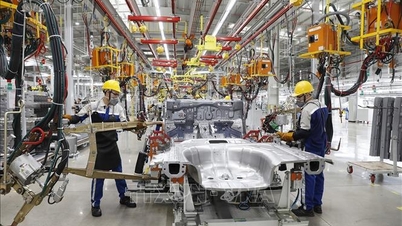

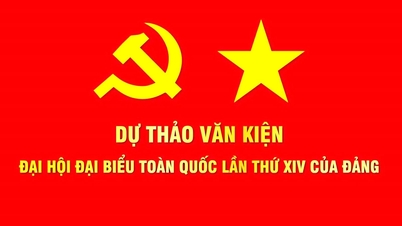
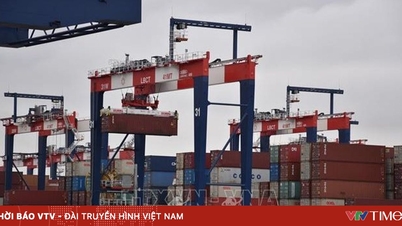




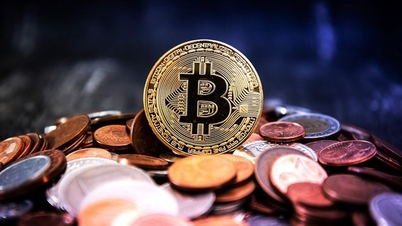




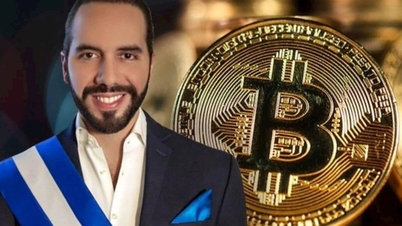






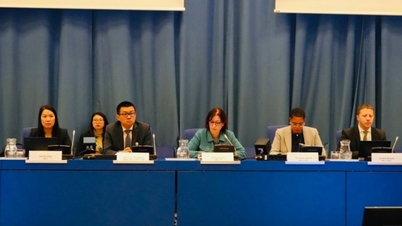
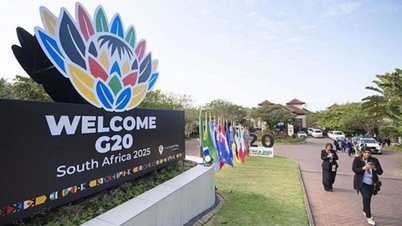


![[Photo] Prime Minister Pham Minh Chinh and his wife meet the Vietnamese community in Algeria](https://vphoto.vietnam.vn/thumb/1200x675/vietnam/resource/IMAGE/2025/11/19/1763510299099_1763510015166-jpg.webp)
![[Photo] General Secretary To Lam receives Slovakian Deputy Prime Minister and Minister of Defense Robert Kalinak](https://vphoto.vietnam.vn/thumb/1200x675/vietnam/resource/IMAGE/2025/11/18/1763467091441_a1-bnd-8261-6981-jpg.webp)



















































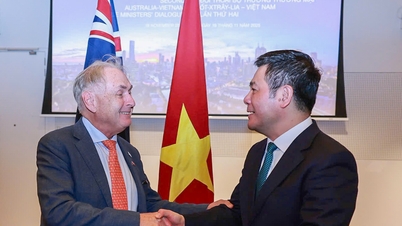




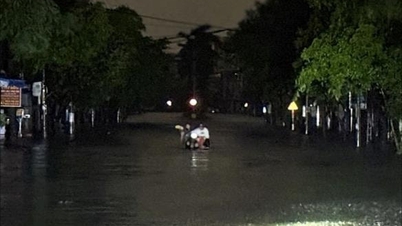





















Comment (0)